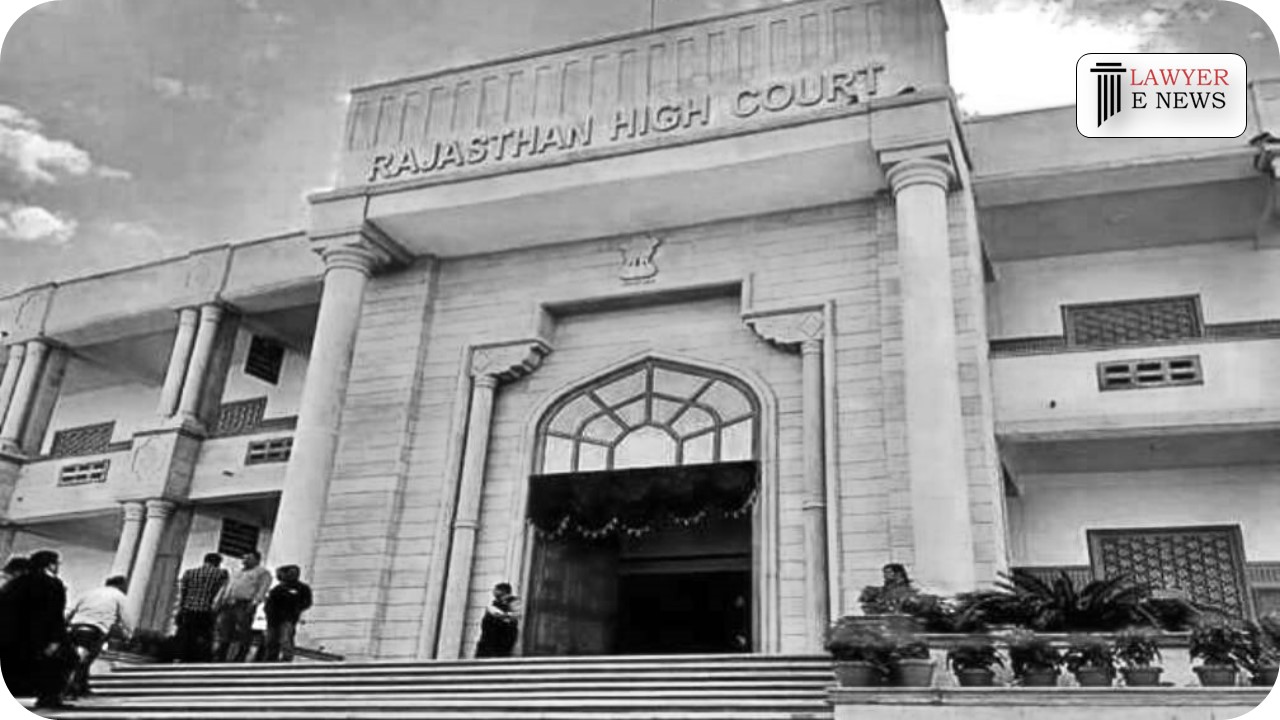-
by Admin
15 February 2026 5:35 AM



In a landmark judgment, Justice DINESH MEHTA of the High Court ruled that the requirement for female candidates to be married to be eligible for the post of Aanganwadi Karyakarta is “arbitrary and discriminatory.” The ruling specifically addressed conditions laid out in a government circular dated 09.11.2016 and an advertisement dated 28.06.2019.
The petitioner had challenged the validity of the conditions, stating they were inherently discriminatory against unmarried women. The court, after a comprehensive examination of the arguments and relevant Articles 14 and 16 of the Constitution, held that the condition was violative of fundamental rights.
The judgment read, “The condition is arbitrary, discriminatory, and violative of Articles 14 and 16 of the Constitution of India.” This observation was a part of the critical Paragraphs 7-8 and 14-20, where the court delved deep into the legality and ethics behind the condition.
Justice DINESH MEHTA questioned the rationale behind requiring candidates to be married, finding it lacking in reasonableness. In Paragraphs 10 and 17-18, the court scrutinized various hypothetical situations, challenging the logic behind the discriminatory policy.
As a result of the decision, the court has directed the State to consider amending the Circular, and the petitioner’s application is to be processed within the next four weeks. This judgment could potentially set a precedent for other discriminatory policies related to public employment, thereby creating a more equitable working environment for all.
The court also referred to the case of Madhu Kishwar Vs. State of Bihar reported in (1996) 5 SCC 125 to bolster its arguments.
Date of Decision: 04/09/2023
Miss Madhu vs State Of Rajasthan
